Are you struggling to build loyalty and trust with your customers in the field service industry? You’re not alone.
In fact, according to a recent survey by Salesforce, only 24% of customers believe completely that companies have their best interests in mind.
This lack of trust can be a major obstacle for businesses looking to establish a loyal customer base and grow their brand.
But don’t let these statistics discourage you. With the right tools and strategies, you can build a strong foundation of trust and loyalty with your customers.
Field service applications have emerged as a key solution to this problem, providing businesses with the tools they need to deliver exceptional service and build long-lasting relationships with their customers.
In this article, we’ll explore the challenges faced by businesses in the field service industry. And will share practical tips and strategies for using field service applications to build trust and loyalty with your customers.
Building Customer Loyalty and Trust: 5 Tips for Using Field Service Applications
In today’s fast-paced world, it is crucial for businesses to stay competitive by providing a seamless customer experience. Field service CRM software applications have become an essential tool for businesses to manage their field operations efficiently. However, these applications can also be used to build trust and loyalty with customers. In this article, we will discuss five practical tips and strategies for using field service applications to build trust and loyalty with your customers.
1. Provide real-time updates to customers
One of the biggest challenges for businesses with field operations is providing timely updates to customers. Field service applications can help solve this problem by providing real-time updates to customers.
According to a survey conducted by Salesforce, 80% of customers say that the experience a company provides is as important as its products and services.
Providing real-time updates can help create a positive experience for customers, as it shows that the business is proactive in keeping them informed.
Key features of field service applications that enable real-time updates include:
- Real-time GPS tracking of technicians
- Automated notifications to customers
- Real-time reporting on job status
By leveraging these features, businesses can create a seamless customer experience and build trust and loyalty with their customers.
2. Enable self-service options for customers
Another way to build trust and loyalty with customers is by enabling self-service options. Field service applications can provide customers with a self-service portal where they can:
- Schedule service appointments
- Track the status of their service request
- View past service history
- Make payments
According to a study by Forrester, 72% of customers prefer self-service options over traditional customer service channels. Businesses can grant their customers the desired convenience and authority by offering self-service alternatives. This enables businesses to improve customer satisfaction and build trust and loyalty with their customers.
3. Use customer feedback to improve service quality
Influencing their brand loyalties is a key factor for 73% of customers, as per a study conducted by PwC, with a good experience being a crucial component.
Customer feedback is essential for businesses to improve their service quality. Field service applications can provide businesses with a platform to collect customer feedback and use it to improve their services.
Key features of field service applications that enable customer feedback include:
- In-app rating and review systems
- Automated customer satisfaction surveys
- Real-time feedback reporting
By using customer feedback to improve service quality, businesses can show their customers that they are committed to providing the best possible service.
4. Use data analytics to optimize service delivery
Data analytics can help businesses optimize their service delivery and improve customer satisfaction. By analyzing this data, businesses can identify areas for improvement and optimize their service delivery. For example, businesses can use data analytics to identify common service issues and develop proactive solutions to prevent them from occurring in the future.
Key features of field service applications that enable data analytics include:
- Real-time reporting and analytics
- Performance dashboards for technicians and managers
- Historical data analysis tools
By using data analytics to optimize service delivery, businesses can improve customer satisfaction and build trust and loyalty with their customers.
5. Provide personalized service to customers
Personalization is key to building trust and loyalty with customers. Field service applications can provide businesses with the tools they need to personalize their service delivery. For example, businesses can use a customer’s past service history and preferences to tailor their service experience.
A survey conducted by Accenture revealed that brands that offer customized recommendations and deals have a higher chance of attracting 91% of consumers.
Key features of field service applications that enable personalized service to customers to Build loyalty and trust:
- Mobile access for field service workers
- Real-time scheduling and dispatching
- Automated service reminders and follow-ups
- Integration with CRM systems
Conclusion
As businesses strive to stay competitive and retain customers, creating a seamless customer experience has become more important than ever. Field service applications offer a powerful solution to this challenge, helping businesses deliver exceptional service and build lasting customer loyalty.
By implementing a dedicated field service management app, businesses can streamline their operations, improve communication with customers, and gain valuable insights into their service performance. Ultimately, the key to success is to prioritize customer needs and make their experience a top priority.
By doing so, businesses can differentiate themselves from the competition and build a strong foundation of trust and loyalty with their customers.


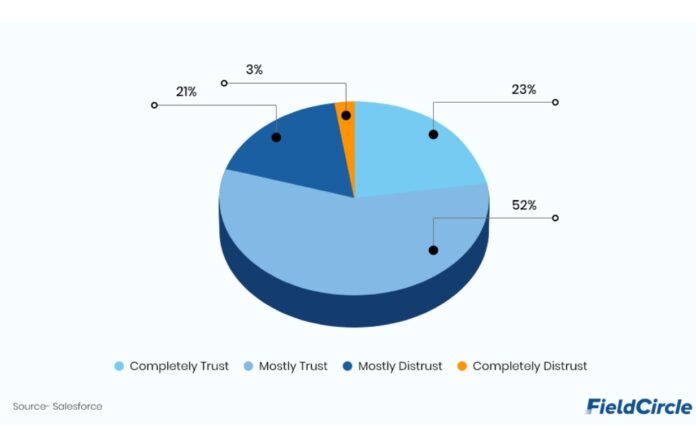
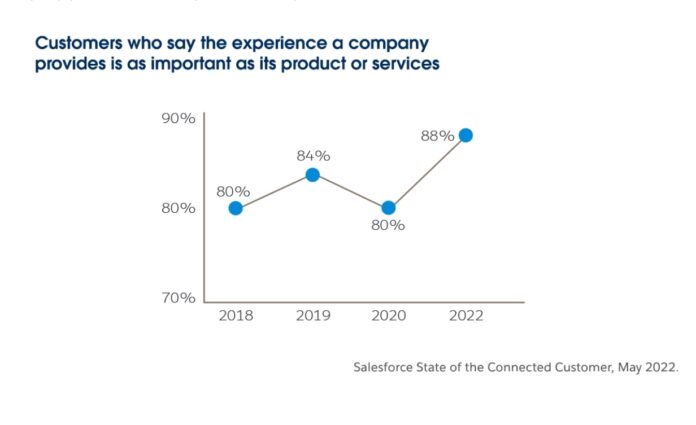
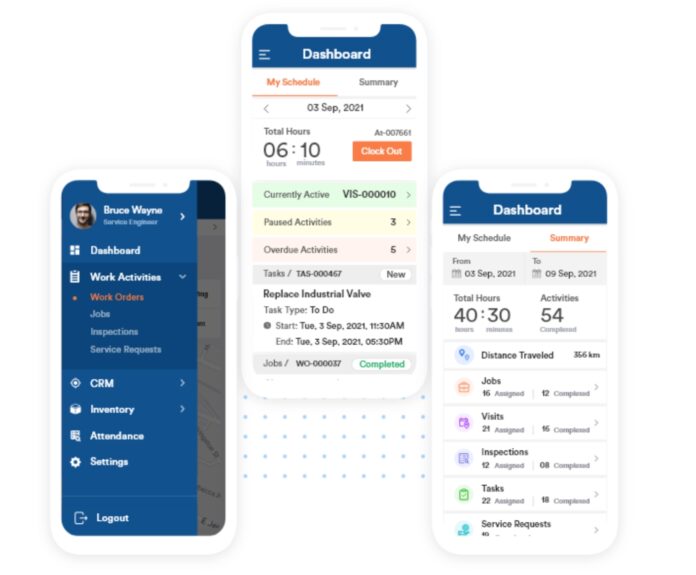
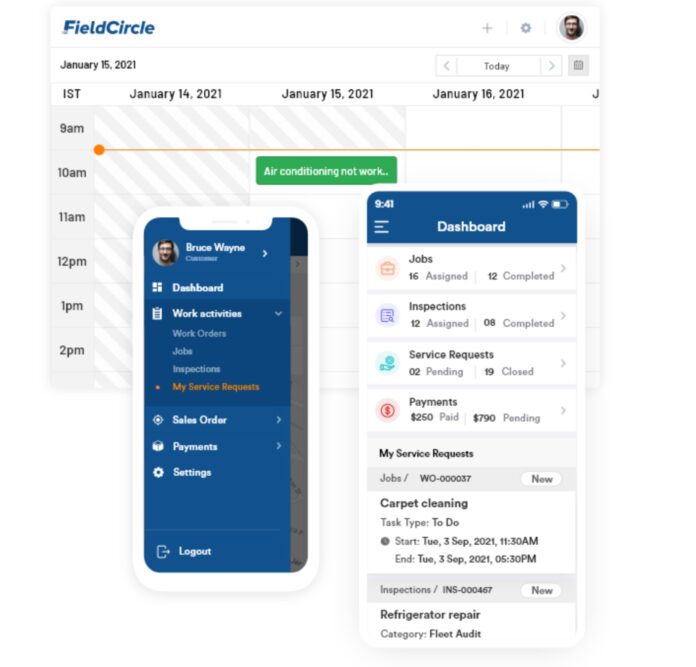
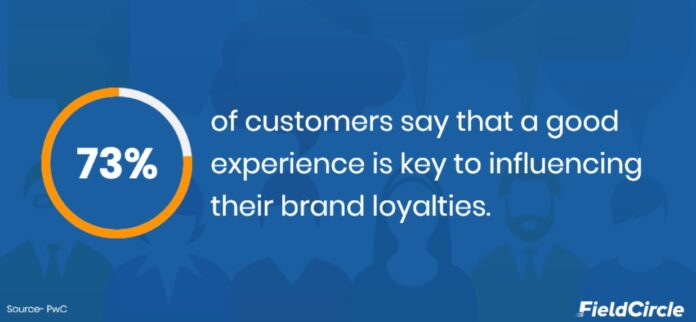
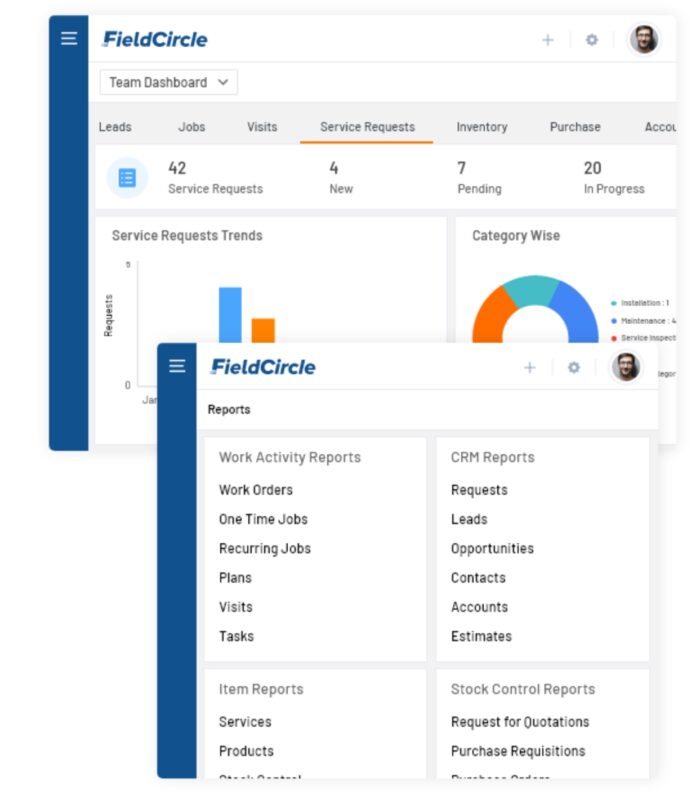
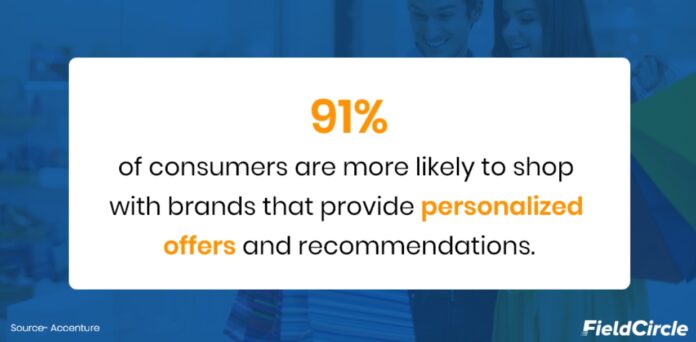



![Calgary’s Hottest Neighborhoods for Luxury Homebuyers [2024]](https://thewashingtonote.com/wp-content/uploads/2024/04/Calgary-324x160.png)



